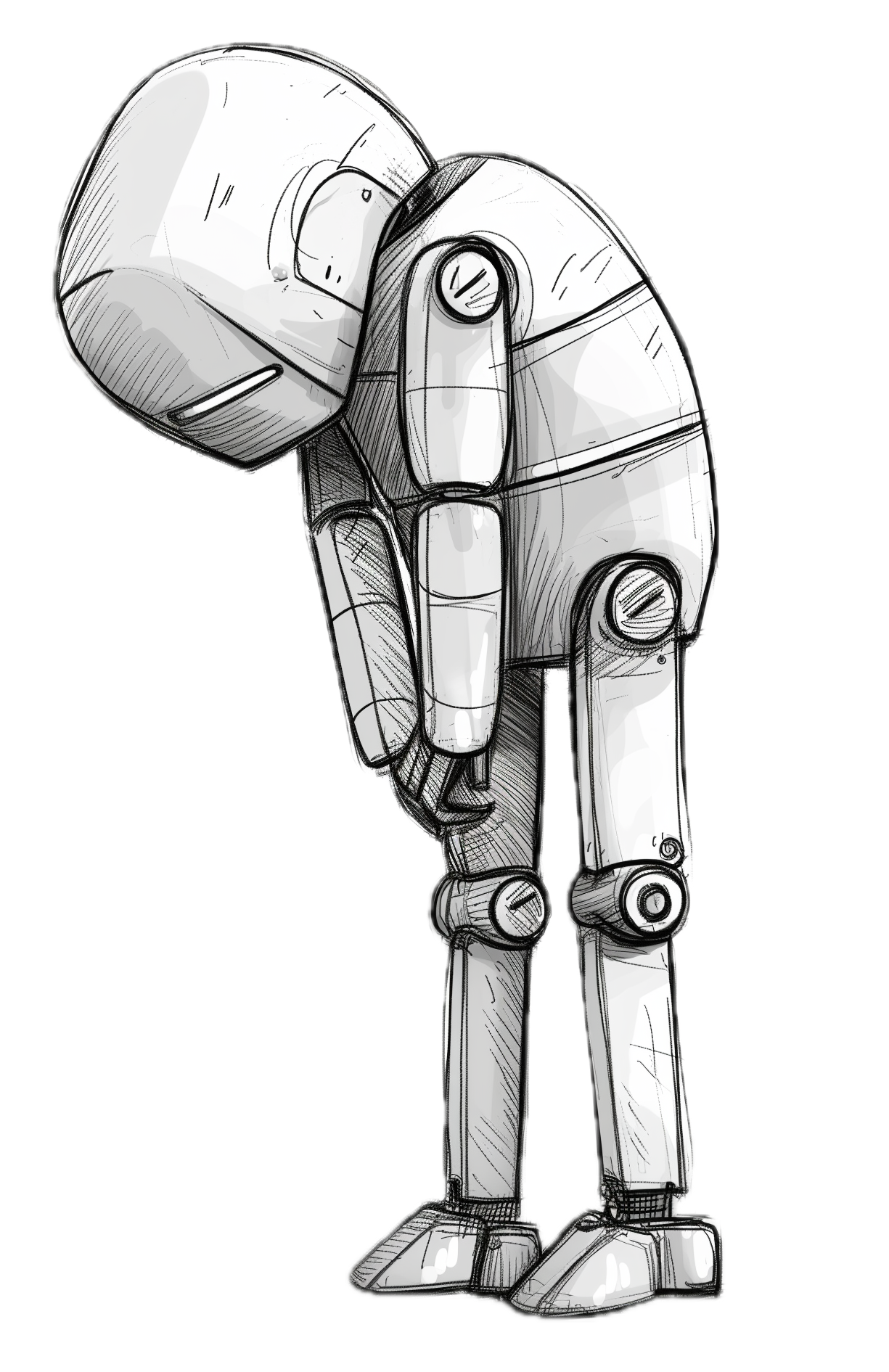Trust Repair in
Human-Robot Interaction

This line of research works towards two research objectives:
RO1: The identification of specific trust repair strategies that are most likely to be effective for a specific user in specific contexts.
RO2: The Longer-term development of a theoretical model of trust repair in HRI.